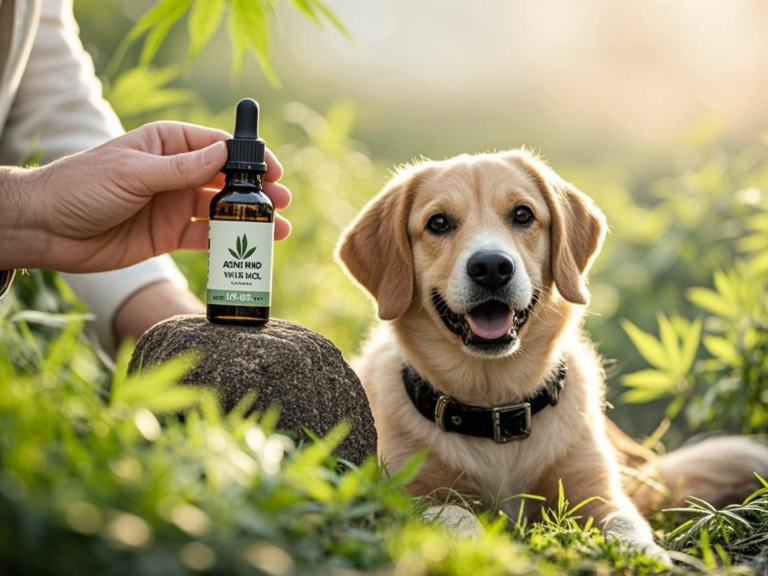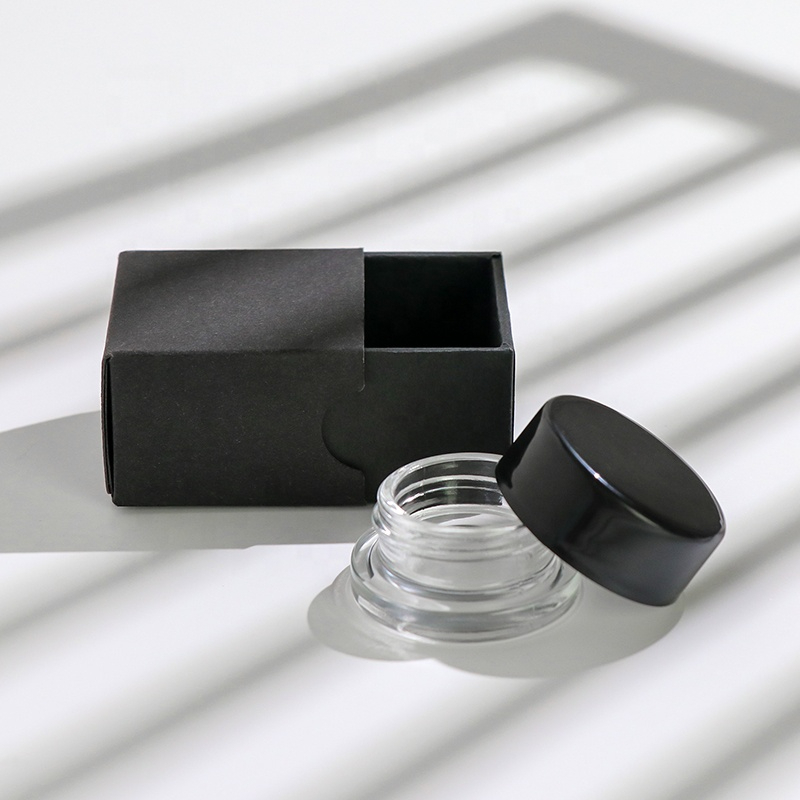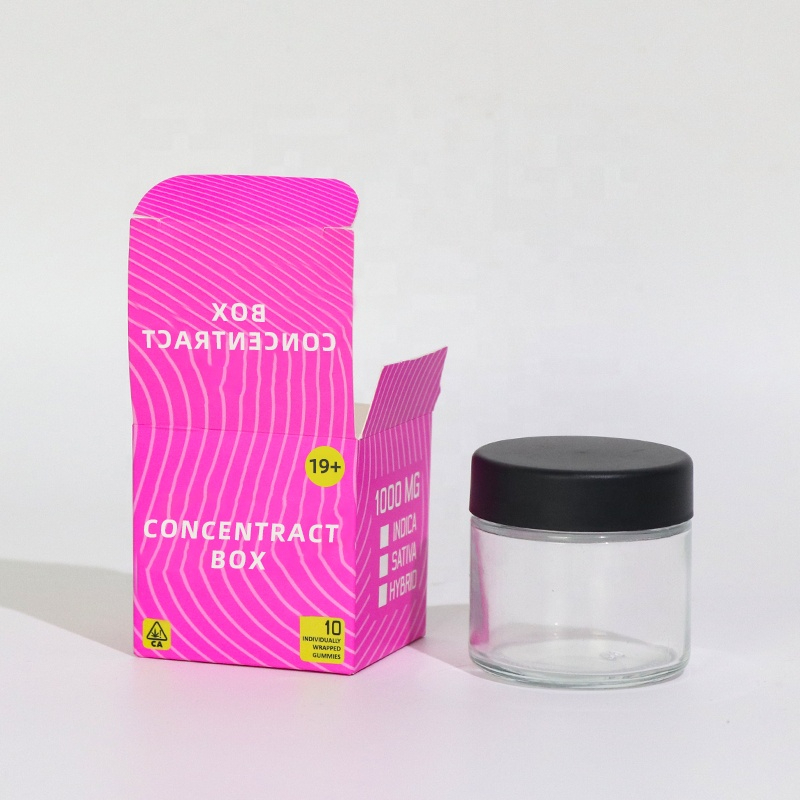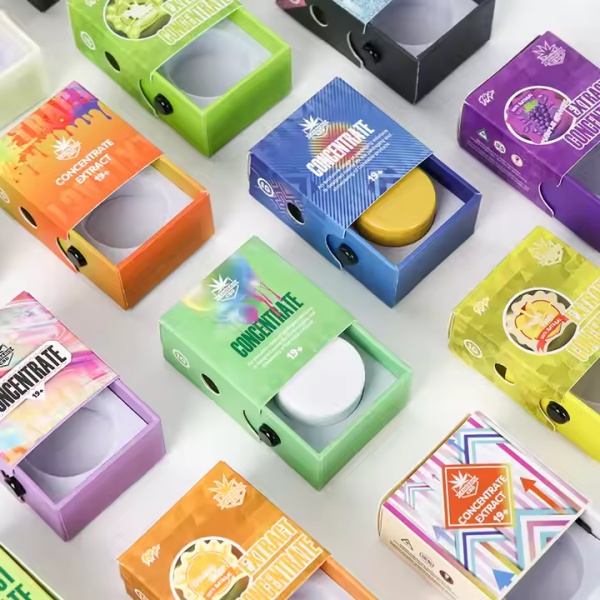-
Fuyong Town, Baoan District, Shenzhen
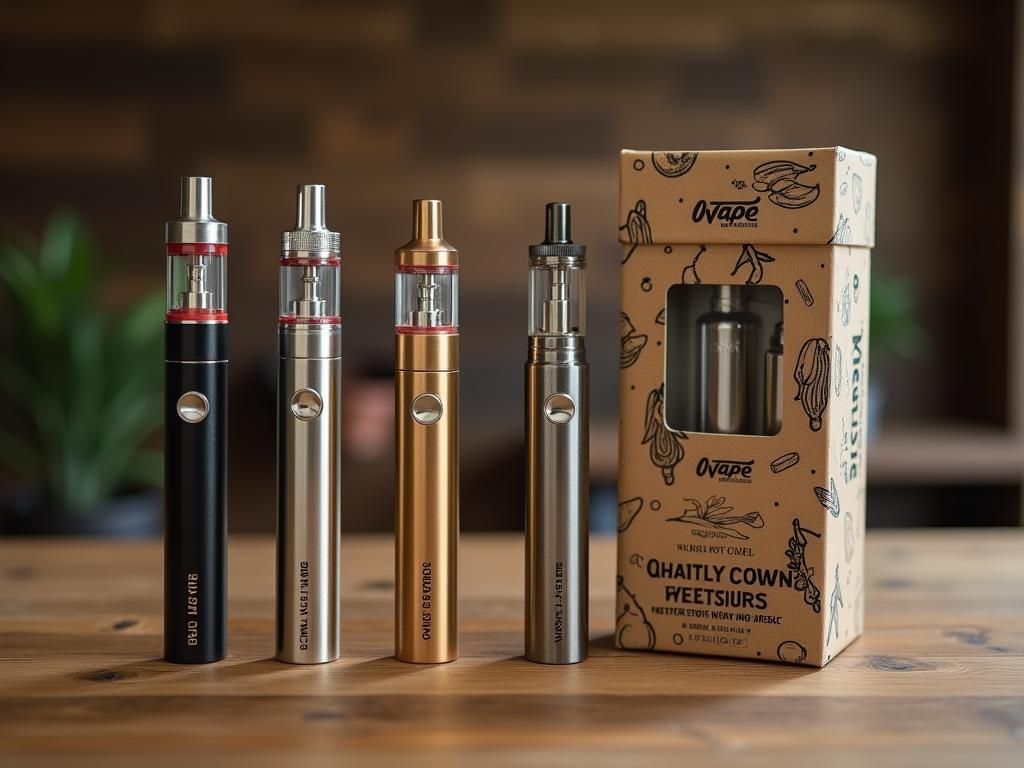
Do you have to be home for vape packages
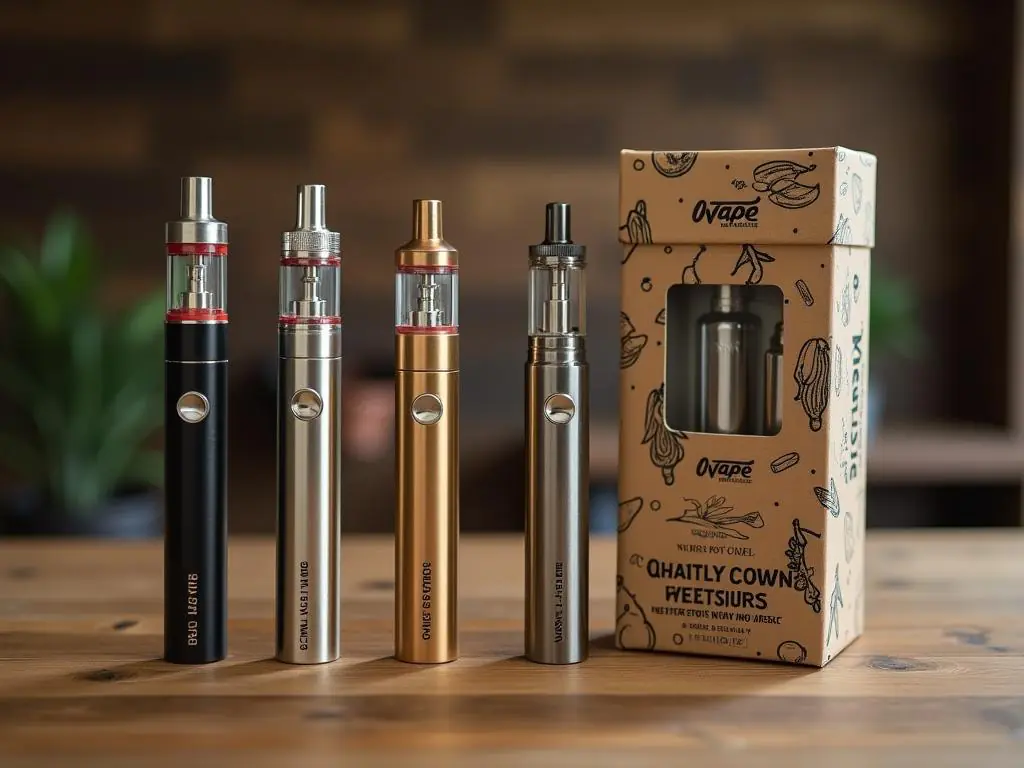
Navigating the Maze: Do Vape Mail Deliveries Require a Signature and ID?
This article provides a comprehensive guide to understanding the regulations surrounding vape mail deliveries, focusing on signature requirements and ID verification. We delve into the legal landscape, exploring federal and state laws, to help wholesalers, manufacturers, and distributors navigate the complexities of the cannabis packaging and marijuana packaging industry, ensuring compliance and promoting responsible business practices. This detailed explanation is important because it clears up confusion about whether a signature and ID are needed when receiving vape products.
Article Outline
- What are the Federal Regulations on Mailing Vapes?
- Do All States Require a Signature for Vape Deliveries?
- How Does Age Verification Work for Online Vape Purchases?
- What is the PACT Act, and How Does It Affect Vape Shipping?
- Why is Child-Resistant Packaging Important for Vape Products?
- What Penalties Can Retailers Face for Non-Compliance?
- How Can I Ensure My Business Complies with Vape Shipping Laws?
- Can USPS Still Ship Vapes? What About Other Carriers?
- What are the Benefits of Using a Dedicated Cannabis Packaging Service?
- The Future of Vape Shipping: What Changes Can We Expect?
1. What are the Federal Regulations on Mailing Vapes?
The federal government has implemented strict regulations on the mailing of vapes and vape products. The Preventing All Cigarette Trafficking (PACT) Act, originally designed for tobacco products, was amended to include Electronic Nicotine Delivery Systems (ENDS), which encompasses most vaping products, including those that contain nicotine and even nicotine-free e-liquids. The primary goal of this law is to prevent underage access to these products and ensure proper tax collection.
One significant regulation is the requirement for an adult signature upon delivery. This means that someone 21 years of age or older must be present to sign for the package, providing proof of identification. This is crucial in preventing minors from obtaining vapes through the mail. The law also mandates that retailers maintain detailed records of all vape shipments, including the recipient’s name, address, and age verification information. Furthermore, the federal government, under the PACT act amendment, requires all deliveries of such products to require a signature confirmation.
2. Do All States Require a Signature for Vape Deliveries?
While the federal PACT Act sets a baseline, individual states can and often do have additional regulations regarding the sale and shipment of vapes. Some states, like Alaska and Hawaii, have implemented even stricter rules, such as outright bans on shipping vape products directly to consumers. Most of states, if not all, follow the federal regulations and require a signature from someone 21 or over.
It’s essential for wholesalers, manufacturers, and distributors to be aware of these state-by-state variations. For instance, some states may have specific licensing requirements for businesses selling vaping products, while others may have different restrictions on the types of products that can be sold or shipped. Failure to comply with state laws, in addition to federal regulations, can lead to significant penalties, including fines and potential business license revocation. So, it is important to check local laws to fully understand what applies to your business.
3. How Does Age Verification Work for Online Vape Purchases?
Age verification is a critical component of responsible vape sales, particularly for online vape retailers. The law requires stringent measures to ensure that only individuals of legal age can purchase these products. But this is also important to avoid any penalty.
Online stores typically employ several methods for age verification. These may include:
- Government-issued ID Scanning: This involves the customer scanning their driver’s license or other valid ID, which is then verified against databases.
- Third-Party Age Verification Services: These services specialize in verifying age and identity, often using multiple data sources to confirm a customer’s information.
- Adult Signature Requirement: As discussed earlier, requiring an adult signature upon delivery serves as a final check to ensure the recipient is of legal age.
- Database Checks: To prevent underage vaping, information may be cross-checked with public records.
These methods are crucial for preventing underage access to vape products and ensuring compliance with federal and state laws. Sellers use them to make sure buyers are old enough.
4. What is the PACT Act, and How Does It Affect Vape Shipping?
The Prevent All Cigarette Trafficking (PACT) Act is a U.S. federal law that was initially designed to combat the illegal online sale of cigarettes and smokeless tobacco. However, in recent years, it has been expanded to include all e-cigarettes and vaping devices, encompassing everything from e-liquids to the battery that powers the devices.
The PACT Act has several significant implications for the vape industry:
- Registration: All entities that sell, transfer, or ship vapes for profit in interstate commerce must register with the Bureau of Alcohol, Tobacco, Firearms and Explosives (ATF) and with the tobacco tax administrators of the states into which shipments are made.
- Reporting: These entities must also file monthly reports with state tobacco tax administrators, detailing the quantity and type of vape products shipped, along with the recipient’s information.
- Delivery Requirements: The PACT Act mandates adult signature confirmation upon delivery for all vape shipments, as previously mentioned.
- Labeling and Packaging: making sure all packages are correctly labeled.
- Tax collection: States need to make sure taxes are collected.
- Record Keeping: keep records of all purchases.
The act makes shipping more complicated.
5. Why is Child-Resistant Packaging Important for Vape Products?
Child-resistant packaging is crucial for vape products to prevent accidental ingestion, especially by young children. Nicotine, a common ingredient in e-liquids, can be highly toxic if ingested, and even small amounts can be dangerous for children. The law now helps to prevent this.
The Child Nicotine Poisoning Prevention Act (CNPPA) of 2015 requires that e-liquid containers sold in the U.S. meet specific standards for child-resistant packaging. This regulation, enforced by the Consumer Product Safety Commission (CPSC), aims to minimize the risk of accidental exposure to nicotine. This is why we, as a cannabis packaging box and marijuana packaging box manufacturer, prioritize child-resistant designs. Our packaging solutions adhere to all relevant regulations, using features like:
- Tamper-evident seals
- Difficult-to-open mechanisms
- Clear labeling with warnings
By implementing these safeguards, we aim to protect children and ensure the responsible distribution of vape products.
6. What Penalties Can Retailers Face for Non-Compliance?
Failing to comply with federal and state regulations regarding the sale and shipment of vapes can result in severe penalties for retailers, wholesalers, and distributors. These consequences can include:
- Fines: Substantial financial penalties can be levied for violations, ranging from hundreds to thousands of dollars per violation.
- Imprisonment: In some cases, particularly for repeated or egregious violations, individuals involved in the illegal sale or shipment of vapes could face imprisonment.
- Business License Revocation: State and local authorities may revoke a business’s license to sell tobacco or vape products, effectively shutting down their operations.
- Seizure of Products: Authorities can seize products that are not compliant with packaging or shipping regulations.
- Civil Lawsuits: Consumers harmed by non-compliant products may have grounds for legal action against the seller or manufacturer.
It is better to avoid these actions, so knowing and sticking to the rules is a must.
7. How Can I Ensure My Business Complies with Vape Shipping Laws?
Ensuring compliance with the complex web of vape shipping laws requires a proactive and multi-faceted approach. Here are some key steps businesses can take:
- Stay Informed: Regularly monitor changes to federal and state regulations, as they can evolve rapidly. Subscribe to industry newsletters, attend trade shows, and consult with legal experts specializing in tobacco and vape law.
- Implement Robust Age Verification: Use reliable age verification methods, as discussed earlier, to prevent sales to minors.
- Partner with Compliant Shipping Carriers: Choose shipping carriers that are familiar with and adhere to PACT Act requirements, including the adult signature requirement.
- Utilize Child-Resistant Packaging: Ensure all vape products, particularly e-liquids, are packaged in child-resistant containers that meet CPSC standards.
- Maintain Accurate Records: Keep detailed records of all sales and shipments, including customer information, age verification documentation, and tracking numbers.
- Train Employees: Provide thorough training to all employees involved in the sale, packaging, and shipping of vape products to ensure they understand and follow all applicable regulations.
- Internal Audits: Doing regular internal audits to check how well you’re following the rules.
By meticulously following these steps, your cannabis packaging box and marijuana packaging box manufacturing plant can minimize risks and maintain a legally sound operation.
8. Can USPS Still Ship Vapes? What About Other Carriers?
The United States Postal Service (USPS) has implemented a ban on shipping vapes and related products through the mail, effective October 21, 2021. This regulation applies to all ENDS products, including e-cigarettes, e-liquids, and other vaping devices.
Other major carriers like FedEx and UPS have also implemented similar policies, prohibiting the shipment of vape products to consumers. These restrictions have significantly impacted the vape industry, making it more challenging for businesses to reach their customers. It’s important to note that while the USPS ban is comprehensive, some private carriers may offer limited shipping options for businesses that meet specific requirements, such as obtaining pre-approval and complying with strict shipping guidelines. However, these options are typically more expensive and complex than traditional mail services.
9. What are the Benefits of Using a Dedicated Cannabis Packaging Service?
In this evolving regulatory landscape, partnering with a specialized cannabis packaging service, like ours, offers significant advantages for wholesalers, manufacturers, and distributors. We provide:
- Expertise in Compliance: We stay up-to-date on all relevant federal and state regulations, ensuring that your packaging meets all legal requirements, including child-resistance and labeling standards.
- Customized Packaging Solutions: We offer a wide range of packaging options tailored to your specific needs, from child-resistant pre-roll packaging to custom vape cartridge packaging boxes. Our design team can create packaging that reflects your brand identity while adhering to all regulations.
- High-Quality Materials: We use durable, high-quality materials to protect your products during shipping and storage, ensuring they reach consumers in optimal condition.
- Streamlined Logistics: We understand the challenges of shipping cannabis and vape products and can help you navigate the complexities of the process.
- Cost-Effectiveness: Our efficient manufacturing processes and bulk purchasing power can help you save money on your packaging costs.
By choosing a dedicated cannabis packaging box and marijuana packaging box provider, you can focus on your core business while ensuring your products are packaged safely, legally, and attractively. We do various packaging, including:
10. The Future of Vape Shipping: What Changes Can We Expect?
The regulatory landscape for vape shipping is likely to continue evolving. We might see:
- Increased Scrutiny: Federal and state agencies may intensify their enforcement efforts, leading to more inspections and penalties for non-compliance.
- Potential for New Regulations: As research on vaping continues, new laws and regulations may emerge, potentially impacting product formulations, packaging, and marketing.
- Technological Advancements: New technologies may emerge to improve age verification and product tracking, potentially easing some of the burdens on businesses.
- State-Level Variations: We may see even greater divergence in state-level regulations, creating a more complex patchwork of rules for businesses operating across state lines.
- Focus on Flavors: More rules might come about regarding flavored e-liquids.
Businesses in the vape industry must remain vigilant, adaptable, and committed to responsible practices to thrive in this dynamic environment.
FAQs
- Is it illegal to ship vapes through USPS? Yes, it is currently illegal to ship vapes and related products through the USPS.
- Do I need to sign for a vape delivery? Yes, federal law requires an adult (21+) signature for all vape deliveries.
- What happens if I’m not home to sign for my vape package? The carrier will typically leave a notice and attempt redelivery, or you may need to pick it up at a local facility.
- Can I buy vapes online if I’m under 21? No, it is illegal to purchase vapes if you are under the legal age of 21.
- How is the legal age determined for online vape sales? Online sellers use several methods of age verification and ID, like scanning IDs and third-party services.
- Can I send vape products through international mail? Sending vape products internationally is complicated because different countries have different rules.
Key Takeaways
- Federal law requires an adult signature (21+) for all vape deliveries.
- State laws regarding vape shipping can vary significantly.
- Age verification is crucial for online vape sales.
- The PACT Act significantly impacts how vapes are shipped and sold.
- Child-resistant packaging is mandatory for e-liquids.
- Non-compliance with vape shipping laws can result in severe penalties.
- USPS no longer ships vapes; other carriers have similar restrictions.
- Partnering with a dedicated cannabis packaging service can ensure compliance.
- Staying informed about evolving regulations is essential for businesses in the vape industry.
- Our company manufactures the best quality boxes.

